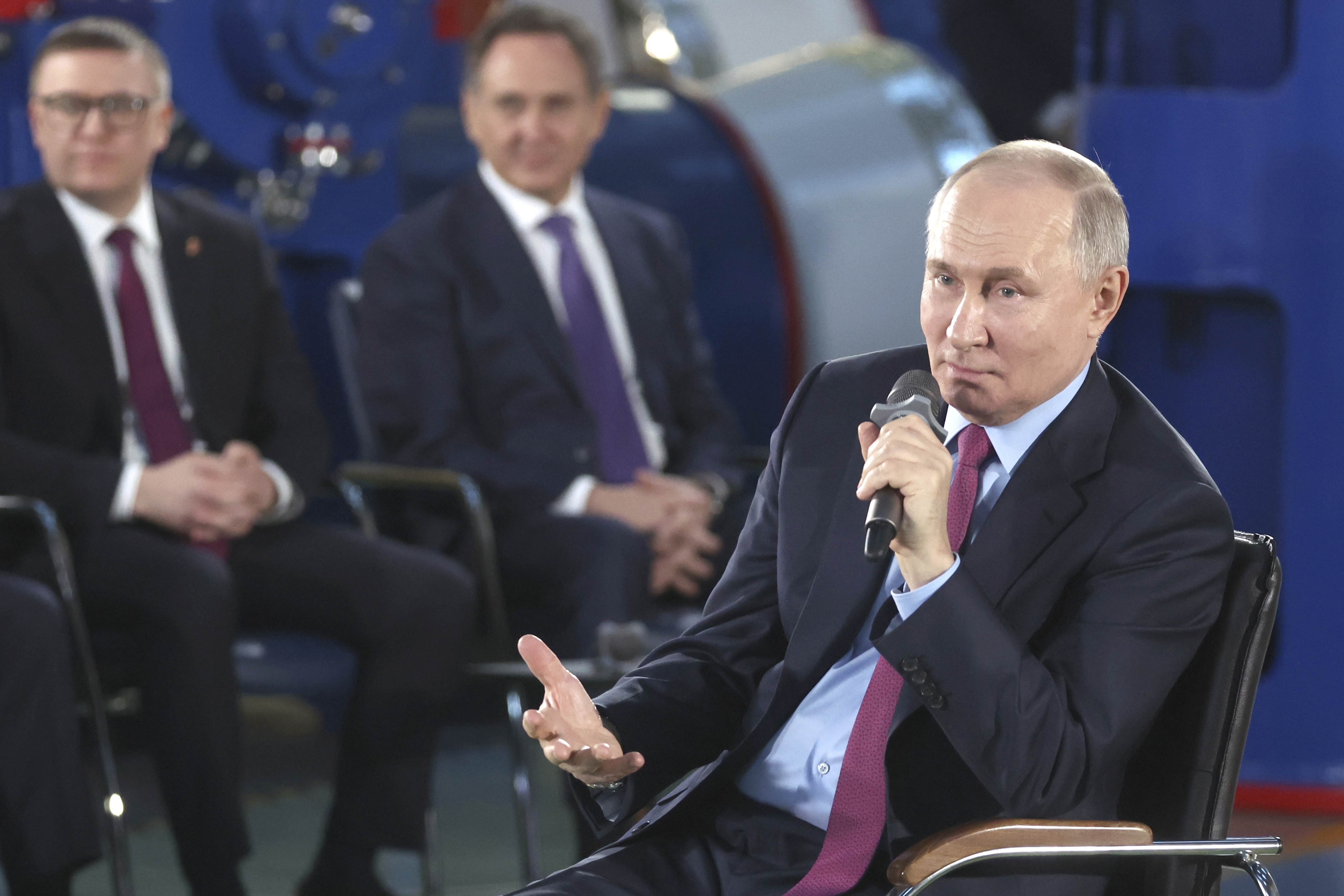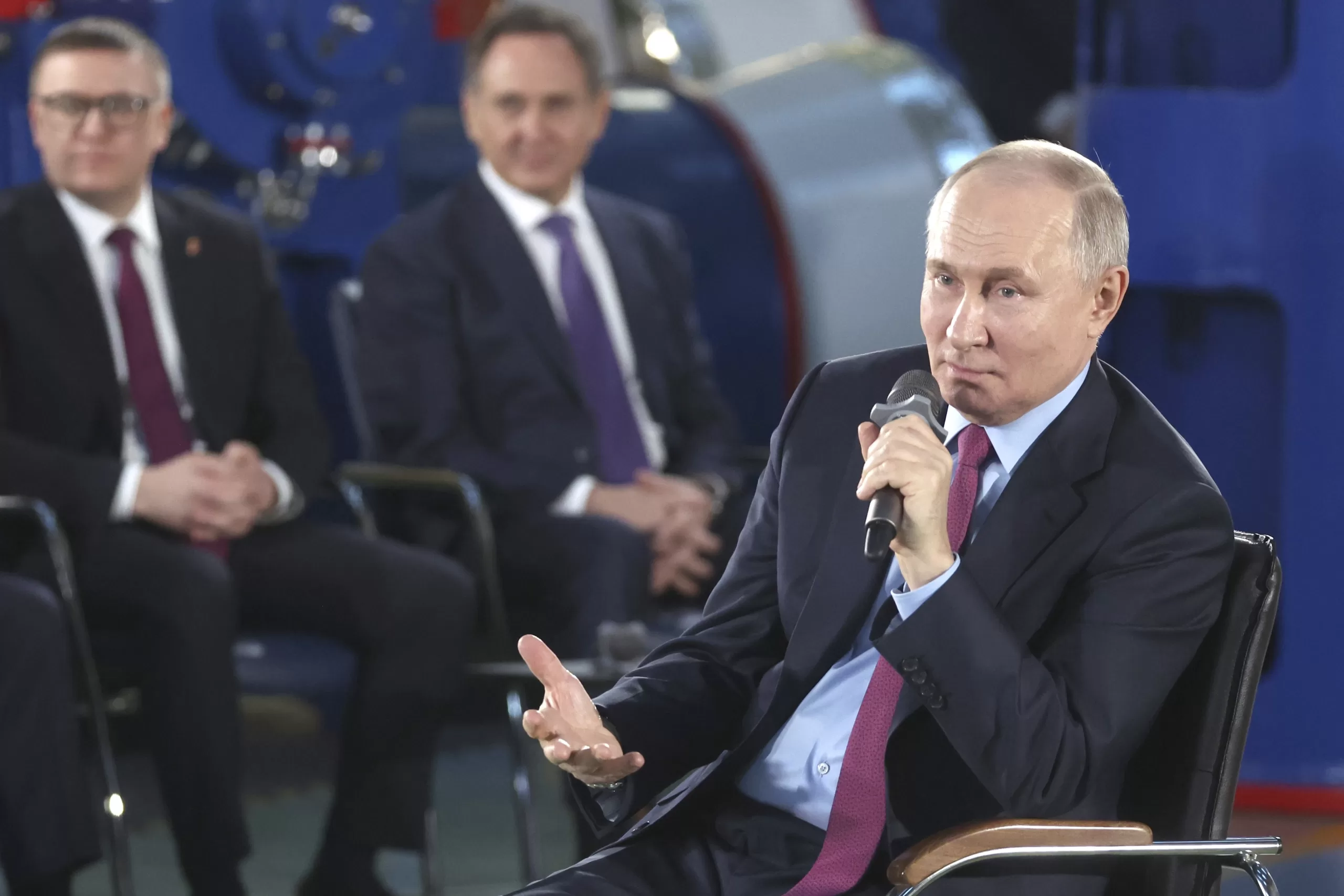
But the biggest uncertainty for most Europeans isn’t about Putin — it’s about America.
The U.S. Congress’ failure to support Ukraine has left many speechless. And Trump’s warning that he would “encourage” Russia “to do whatever the hell they want” to an ally who hadn’t “paid up,” still rings loud.
While one defense minister asked me, “Doesn’t he understand the value of allies?” (“Afraid not,” I answered), many others are finally beginning to come to terms with the possibility that come next January, they may well be on their own.
Eastern European allies are already boosting their defense spending to 3 percent of GDP and beyond, and NATO Europe as a whole will spend $380 billion — or 2 percent of their overall GDP — on defense this year.
However, while this far outstrips what Russia spends on defense — even as its economy has turned on a war footing and the country now devotes close to 10 percent of GDP to its war machine —it will take time for Europe’s spending to turn into real capabilities. For example, Poland will spend more on defense as a portion of GDP than any other NATO country, including the U.S. But the Patriots, F35 jets, Apache helicopters and other advanced equipment won’t be in place until the end of the decade.
Then, there are the production issues. Currently, multiple countries produce multiple types of 155-millimeter artillery shells for multiple types of launchers, many of which are incompatible with each other to discourage foreign competition. That must now change.
In line with this, European Commission President Ursula von der Leyen did promise a set of policy ideas to ensure Europeans spend more — and spend more productively. She also vowed to encourage better cooperation by appointing a commissioner for defense if she’s reelected this year.
“Trump-proofing” NATO and European defense — as the phrase now goes — won’t be easy. But many now recognize it has to be done. Even if Biden is reelected, Europeans are increasingly aware that the era of strong transatlantic presidents may be coming to an end.
